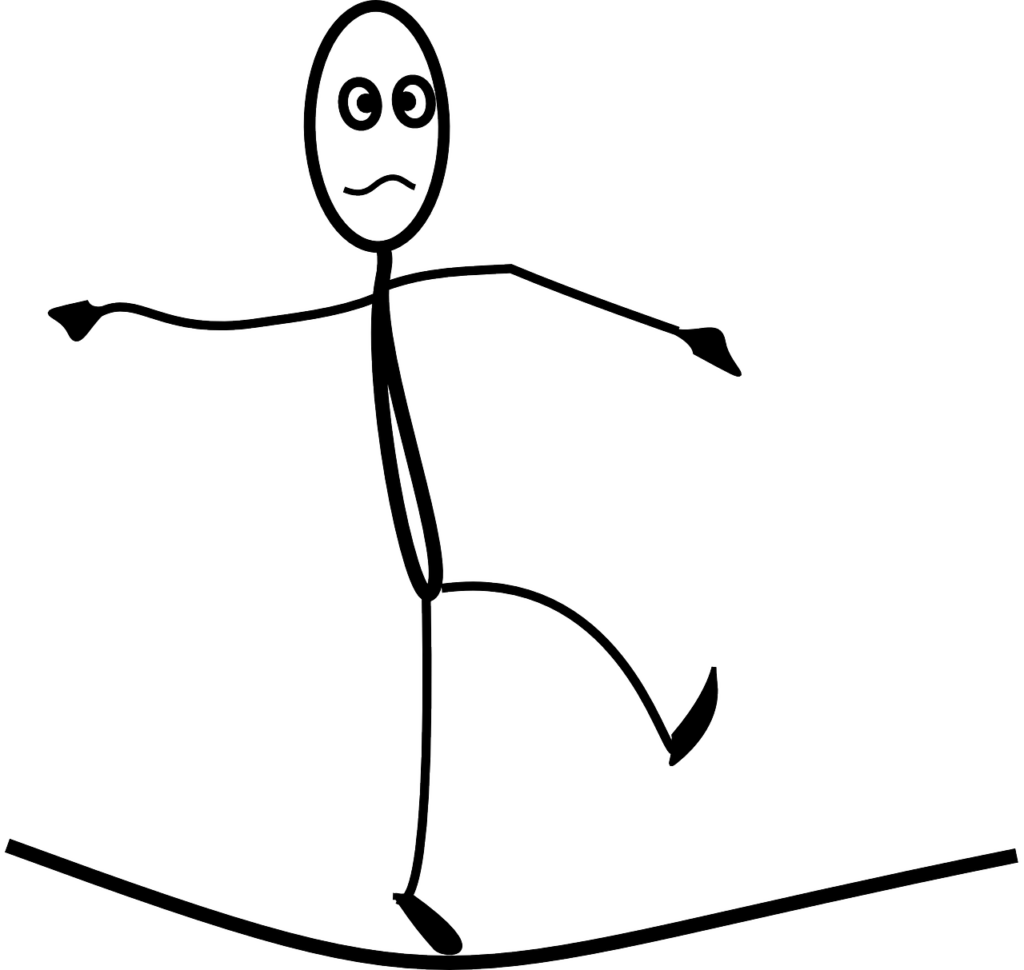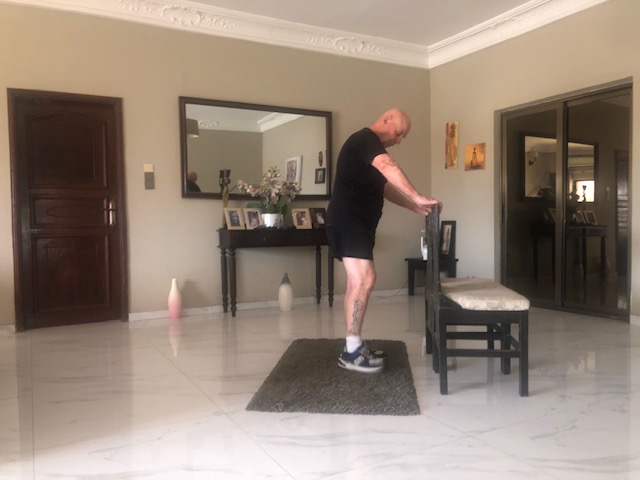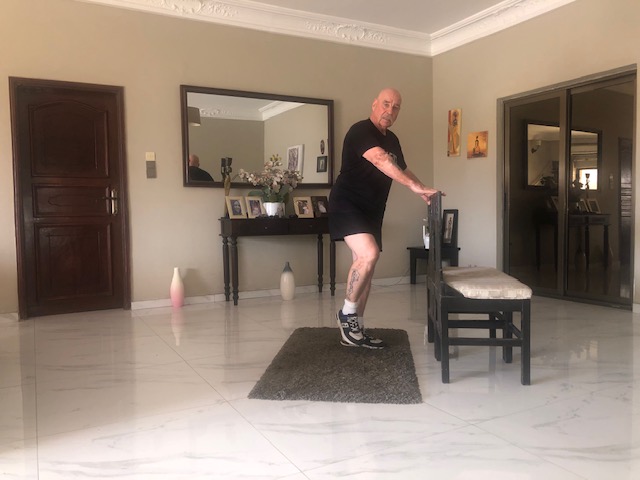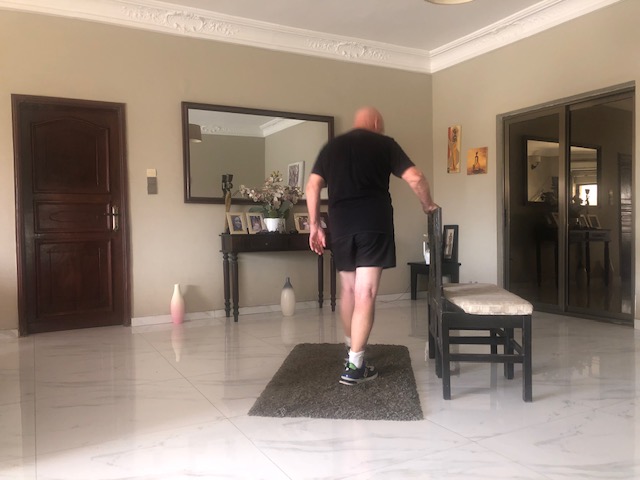
What is forward head posture?
Balance And Forward Head Posture. When a person maintains good posture, their head aligns vertically with the spine. But forward head posture (FHP) occurs when a person is leaning their head forward, out of neutral alignment with their spine. Here, when the alignment of the head is off, it can cause a variety of problems. Also including stiffness in the neck, pain, and balance issues.
The National Academy of Sports Medicine (NASM) define FHP as holding the head out, in front of its natural position. over the cervical spine. A person with FHP also typically tilts their head back in order to look forward. However, this posture puts a strain on the muscles and bones of the neck. And it can also lead to muscle imbalances, as some muscles support more of the load than others.
Weight Pressure on the Spine
Balance And Forward Head Posture. According to a 2014 study, the forward position of the head puts increasing amounts of weight pressure on the spine. Consequently, the study found that the head weighs about 10–14 pounds (lbs) in a neutral spine position. But increases in weight as it leans forward:
| Position of the head | Weight of the head |
| 15 degrees | 27 lb |
| 30 degrees | 40 lb |
| 45 degrees | 49 lb |
| 60 degrees | 60 lb |
FHP In Older Adults
Balance And Forward Head Posture. Forward head posture is a condition that can cause neck pain, stiffness, and headache and is associated with higher mortality rates for older men and women. Here the posture may be caused by poor eyesight, falling anxiety, or collapsing of some of the spinal vertebrae, which often occurs painlessly as we age.
Walking with FHP
Balance And Forward Head Posture. Older adults with issues like fear of falling, who have FHP walk with a king of shuffle. And that points the toes down as they move forward rather than the heel meeting the floor first. In this case, this increases the risk of falling to an extremely likely level.
Balance Exercise Side Steps

Side Steps are a deliberate weight shift leg movement, slide the trailing foot at first but work towards lifting and placing it beside the other foot. Do three side steps in each direction.
Balance Exercise Single Leg Raise

Once you are comfortable with your position and weight on the support leg, raise the other leg, hold on with hands at first, but work towards not holding and challenging your balance.
Balance Exercise Walking Backwards

Walking backward has a known effect on improving forward walking, walk 3 steps backward holding on and turn, then walking backward to the start. Once you are comfortable, repeat without holding,
Video
Donate
Pensioner Fitness Awards
THE BUSINESS CONCEPT, BEST IN BUSINESS AWARDS 2023
MOST INSPIRING SENIOR WELLNESS WEBSITE 2023
THE GLOBAL HEALTH AND PHARMA, FITNESS AND NUTRITION AWARDS 2023
BEST SENIOR FITNESS AND NUTRITION SPECIALIST 2023
In Conclusion
Stopping Forward head posture and challenging your balance will help you to avoid falling, and becoming a serious casualty. The more you challenge your balance the better and more confident you will become. Do not lose your independence to a preventable fall injury.
Important Note *
Remember that everyone is different, it is ultimately YOUR RESPONSIBILITY to find what your body responds to. So please do your due diligence before trying anything new, including getting Medical Advice to ensure your safety and peace of mind.
Connect with me and leave a comment or two on my